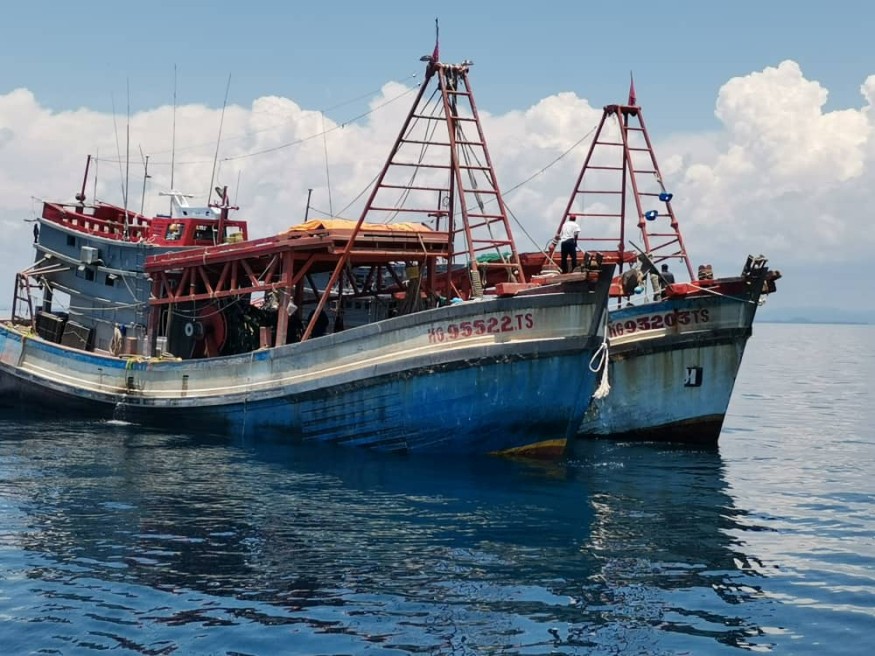Researchers from the University of Washington and Fred Hutchinson Cancer Research Center said that three crew members of a Seattle fishing boat have neutralizing antibodies of the SARs-CoV-2, the virus that causes COVID-19, and remained uninfected despite being on board the ship full of sick people.
The study is not yet peer-reviewed and the first in humans to suggest a link between protection from the infection and the neutralizing antibodies.
The researchers screened 120 of 122 people before they boarded the fishing vessel in May. They tested for an active virus and antibodies in the blood, which would indicate a previous or ongoing infection.
They found that none of those people tested positive for coronavirus, but six of them had some antibodies. Out of these people, three had neutralizing antibodies. Two weeks later, the fishing vessel returned to the shore with one infected crew.

Several weeks later, 85 percent of the crew were found to be infected. But not one of the three crew members with neutralizing antibodies had tested positive.
The researchers said that the presence of neutralizing antibodies could imply protection against reinfection.
Important Insight Into the Type of Immunity to Prevent Reinfection
The authors said that because of ethical concerns, scientists were unable to run direct human experiments on neutralizing antibodies and the ability to provide protection.
Immunology Professor Danny Altmann of Imperial College London said that the new study on the Seattle fishing boat might be small. Still, it was a remarkable real-life human experiment on how neutralizing antibodies can offer protection from COVID-19 reinfection.
But the study does not necessarily mean that people cannot catch COVId-19 for the second time. Molecular virology professor, Jonathan Ball of the University of Nottingham, commented that the study suggests that individuals who had prior exposure to the virus are more likely ar risk of reinfection unless they have some neutralizing antibodies.
Ball added that the study gives an important insight into the type of immunity that protects from reinfection. But the study did not show whether those with prior exposure to the virus and did not develop any neutralizing antibodies will have the same protection against the severe type of infection.
READ: Case Study Prompts Questions on Reliability of Daily COVID-19 Data
Neutralizing Antibodies Against COVID-19
Scientists and researchers found that an important line of defense in fighting the pandemic is the formation of neutralizing antibodies in infected patients. These antibodies can eliminate the virus in the body and have great potential as an intervention and treatment for COVID-19.
When the body is infected, the immune system creates antibodies to fight the intruder and protect the body from the infection. Additionally, these antibodies would be applied for 'post-exposure prophylaxis' after contact with an infected patient.
Professor Florian Klein from Cologne University Hospital and the German Center for Infection Research said that this form of intervention could be a way of stopping localized transmission and for preventing disease progression in people.
Check out more news and information on COVID-19 on Science Times.
© 2026 ScienceTimes.com All rights reserved. Do not reproduce without permission. The window to the world of Science Times.












